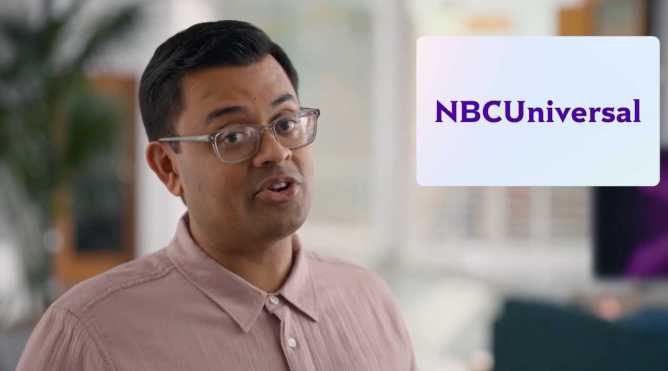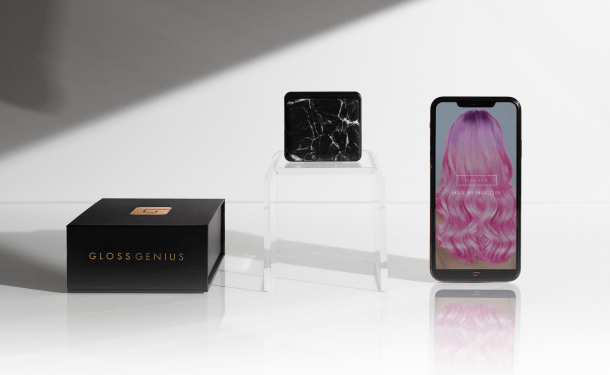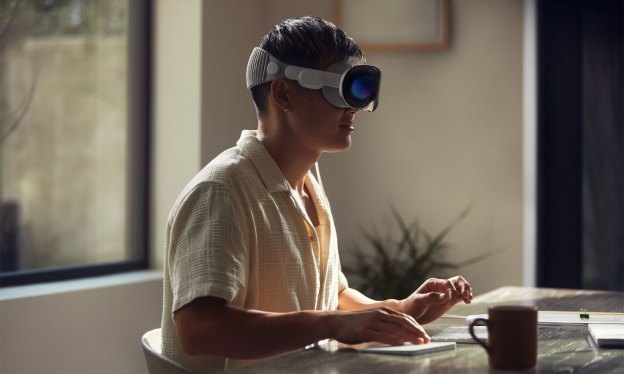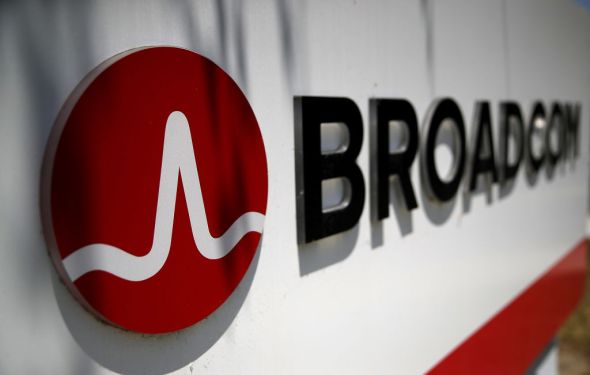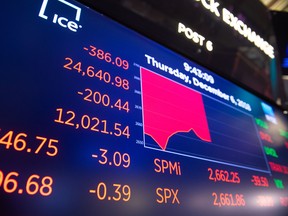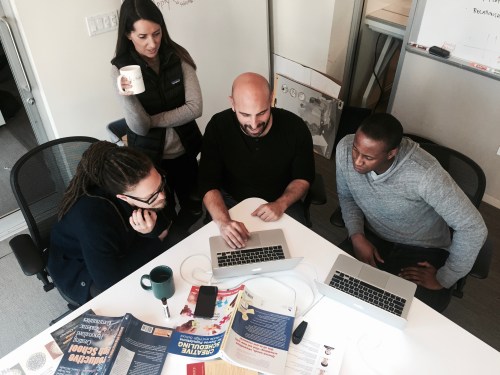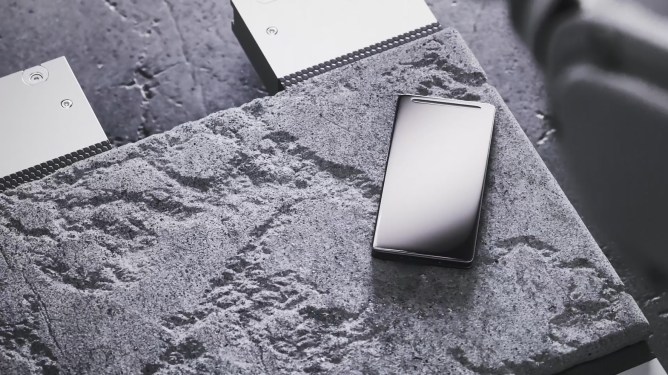
EU Opens Competition Investigation into Corning, Gorilla Glass Maker Offers Changes to Settle Probe
The European Union has opened a competition investigation into Corning, the manufacturer of Gorilla Glass used by major electronics brands such as Apple’s iPhone. The investigation centers around concerns over alleged exclusive dealing practices, which could potentially lead to penalties of up to 10% of global annual turnover if confirmed.
Corning Offers Changes to Contract Clauses in an Effort to Settle the Probe
In response to the EU’s investigation, Corning has proposed a range of changes to its contract clauses aimed at settling the probe. The U.S.-based company is a supplier to major electronics brands, and the changes could also be intended to prevent the investigation from escalating further.
The European Commission Solicits Industry Feedback on Corning’s Offer
The European Commission is now seeking industry feedback on Corning’s proposal, which can be submitted for around six weeks. If the EU accepts Corning’s proposals after this market test, the bundle of commitments would be made legally binding on the company and applicable worldwide.
Commitments Relating to Exclusivity Dealing, Purchase Quotas, and Patent Enforcement
Corning has proposed waiving all exclusivity clauses in its current agreements with device makers (original equipment manufacturers, or OEMs) and finishers for the supply of alkali-aluminosilicate glass (alkali-AS glass), which is mainly used for displays in mobile devices. The company also agrees not to use such clauses (or others with similar effects) in future agreements worldwide.
Device Makers Exempt from Purchasing Requirements
For devices intended to be sold in the European Economic Area (EEA), Corning proposes not requiring OEMs to purchase or otherwise source any quantity of alkali-AS glass from its own business. The company also promises not to offer device makers any price advantages conditional on such requirements.
Purchase Quotas for OEMs’ Non-EEA Demand
Corning is proposing not to require device makers to buy or cause their supply chain to buy more than 50% of their respective demand for alkali-AS glass and transparent glass ceramics from Corning. The company also promises not to offer OEMs any price advantages conditional on such requirements.
Impact on Third-Party Companies that Process Raw Glass (Finishers)
Corning is offering not to require finishers to buy more than half their combined demand for sodium aluminosilicate glass (NAS glass), LAS glass, and clear glass ceramics from Corning. The company also promises not to condition price advantages on such purchasing requirements.
Enforcement of Patents Relating to Break-Resistant Cover Glass
Corning has proposed basing any claim only on patent infringement and not on breach of contract. The company also agrees not to use any contractual mechanisms (such as penalties) to reinforce patent claims.
Implementation and Monitoring of Corning’s Commitments
If the EU accepts Corning’s proposals, the bundle of commitments would be made legally binding on the company and applicable worldwide. Implementation would be monitored by a trustee that would report to the Commission, and any breaches of the commitments could result in penalties.
Related News
- Nvidia’s Project Digits is a ‘personal AI supercomputer’
- Robotics: Nvidia is helping humanoid robots learn through Apple Vision Pro instruction
- Gadgets: Sony’s CES 2025 press conference: How to watch
Subscribe for the industry’s biggest tech news, and stay up-to-date with the latest developments in the fast-moving world of technology.
TechCrunch Daily News: Every weekday and Sunday, you can get the best of TechCrunch’s coverage.
TechCrunch AI: TechCrunch’s AI experts cover the latest news in the fast-moving field.
TechCrunch Space: Every Monday, gets you up to speed on the latest advances in aerospace.
Startups Weekly: Startups are the core of TechCrunch, so get our best coverage delivered weekly.






